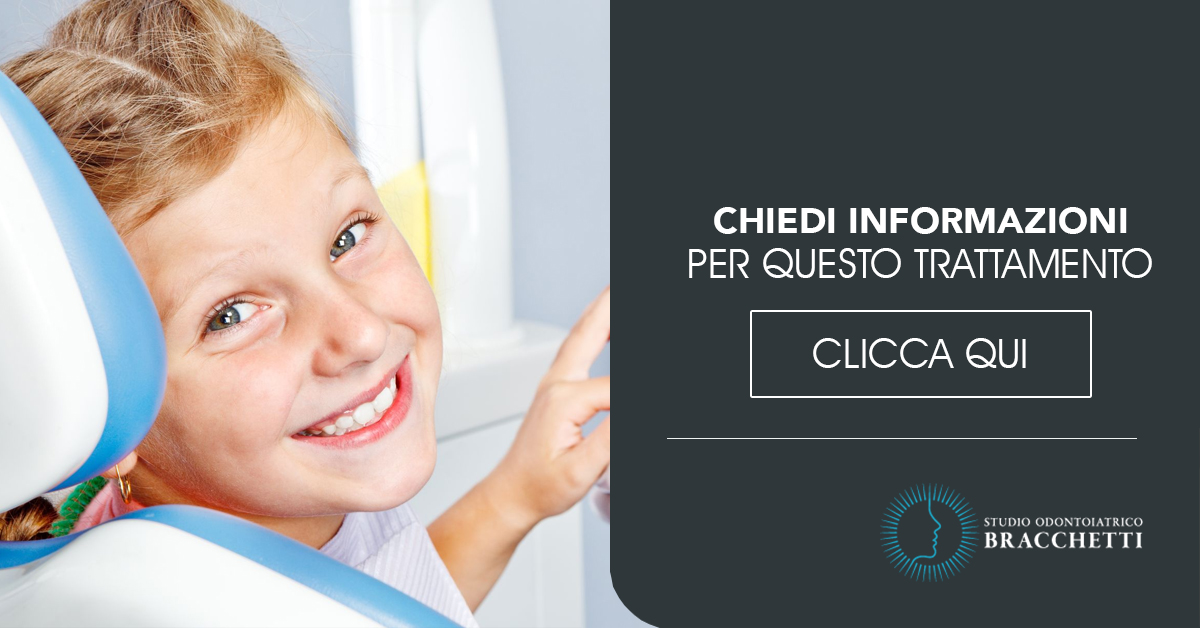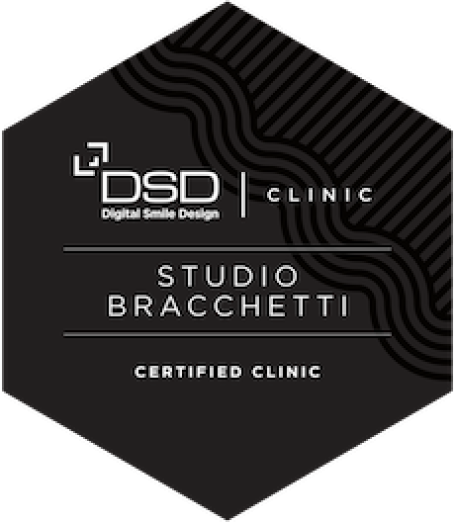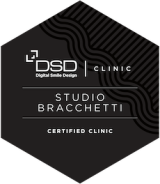Dental emergencies in children
What happens if baby teeth are decayed? Milk teeth are very important for the health of permanent teeth. If damaged and/ or removed they compromise the function, position and aesthetics of the permanent teeth and there will be repercussions in the occlusion.
Take your child to the dentist to decide on the right treatment plan for them.
What to do if a child breaks a tooth?
The main causes of broken teeth are: sports activities, games, accidents and particularly hard foods, chewed inadvertently. Due to their greater propensity for dynamic play and contact, the most affected children are boys, exactly twice as many as girls. In this regard, the use of mouthguards for physical activities is an important preventive measure that every child should learn to use. The frequency of dental trauma is quite high: 20% of children with milk teeth and 15% of children with permanent teeth break one or more teeth. The most affected teeth are the upper central incisors (50%) and upper lateral incisors (30%) both in deciduous and permanent ones, and the frequency of trauma appears to be correlated to the degree of protrusion of the front teeth themselves.
Children up to 8 years of age are more prone to trauma of the front teeth. Fractures can be a simple chipping or in the most serious cases the actual break of a part of the tooth. Fractures on the posterior teeth are often caused by simple chewing and occur in correspondence with teeth weakened by caries.
Trauma to milk teeth should not be underestimated, as the blow could have harmful repercussions on permanent teeth forming inside the maxillary or mandibular bone.
However, most traumas involve the anterior teeth so, in addition to pain, there is also an aesthetic problem. These problems can be avoided and prevented with the simple use of a mouthguard. The function of the mouthguard is to absorb the blow to prevent this from creating damage to the tooth such as fractures, chipping, internal damage to the tooth with darkening of the same and wounds to lips and gums.
There are several types of mouthguards that can be used.
Standard: in soft plastic and silicone, it has medium/ standard size, is simple and cheap and is sold online or in pharmacies. It does not need any customization and adaptation and adapts to all mouths.
Warm and bite: also called “boil and bite”, it has standard dimensions, but unlike the first it can be partially customized and adapted to the child's mouth and teeth. Compared to the standard model it customized to ensure greater protection to the teeth.
Made to measure: is created and designed specifically by the dentist and the team of technicians on the basis of the child's teeth. It is a fully customized model and for this reason it provides more reliable protection than the two previous models. To create it impressions of the teeth of the young athlete are made.
The breaking of a tooth always happens unexpectedly and requires emergency treatment. Knowing how to behave in this situation is essential to remedy the damage quickly and save the tooth.
What to do in case of breakage?
The goal of the therapy is the recovery and preservation of teeth affected by trauma and the success of the intervention is given by a set of factors, the main ones of which are listed below:
- timeliness of intervention
- correct diagnosis and appropriate treatment
- remote control and monitoring
In the event of chipping, the dentist will simply blunt the tooth in the damaged part, or if necessary he will reconstruct the piece of the missing tooth.
In any case, based on the extent of the damage, the dentist will have to deepen the analysis with x-rays and then proceed in the most serious cases with possible devitalization of the traumatized tooth, immobilization, reimplantation or in the most extreme cases, extraction of the same. Frequent and regular checks are important because, after some time, the affected tooth could undergo necrosis, i.e. death of the vital tissues of the tooth, and turn black.
What to do if the tooth falls out?
One of the most complicated situations to manage is the loss of a tooth following a trauma. In the event that the blow is strong enough to make the tooth fall out, there are two types of therapy: immediate replanting and late reimplantation. The parent or the person present during the accident has an important task: they must immediately put the fallen tooth in physiological solution or in saliva or milk to allow the vitality of the tissues, which instead would not occur using only water.
Within 20/60 minutes of the trauma, the dentist will have to immediately replace the tooth.
Time is of fundamental importance for the success of the surgery: the sooner the reimplantation is carried out, the more likely the tooth will re-establish itself in its original position. If the tooth is kept in liquid, the maximum limit for replanting is 1 hour, while if kept dry after 15 minutes the pulp, or the vital part inside the tooth, undergoes necrosis (death). During the surgery, the dentist will wash the tooth and the alveolus (the space in the mouth where the tooth is housed) with physiological solution before replanting the tooth and then block it with an orthodontic appliance for 2-4 weeks. p>
However, it is not always possible to act promptly and therefore, in the event that the reimplantation is performed more than 2 hours after the trauma, we speak of late reimplantation.
In this case, as there is a possibility that the necrosis of the tooth has already begun, the tooth will have to undergo endodontic therapy before being replanted. The dentist will then have to remove the dead pulp and fill the tooth, in this way you will avoid the blackening of the replanted tooth.
If neither early nor late reimplantation is possible due to the missing tooth, at that point it will be necessary to proceed to an orthodontic planning to decide how to manage the space left by the lost tooth.
In conclusion, the fracture or loss of a tooth, especially if it is permanent, is always an unpleasant and stressful event for both the child and the parent. Many situations related to sporting activities could be avoided by using preventive measures such as mouthguards.
In all other cases, the result will depend on the timeliness and knowledge of the procedures to be implemented by both the parent and the dentist.
If you would like to make an appointment at the Bracchetti Dental Clinic in Milan click Request form - Or you can write us on whatsapp and if you want to talk to the secretary you can do so easily by calling the office by clicking here
















